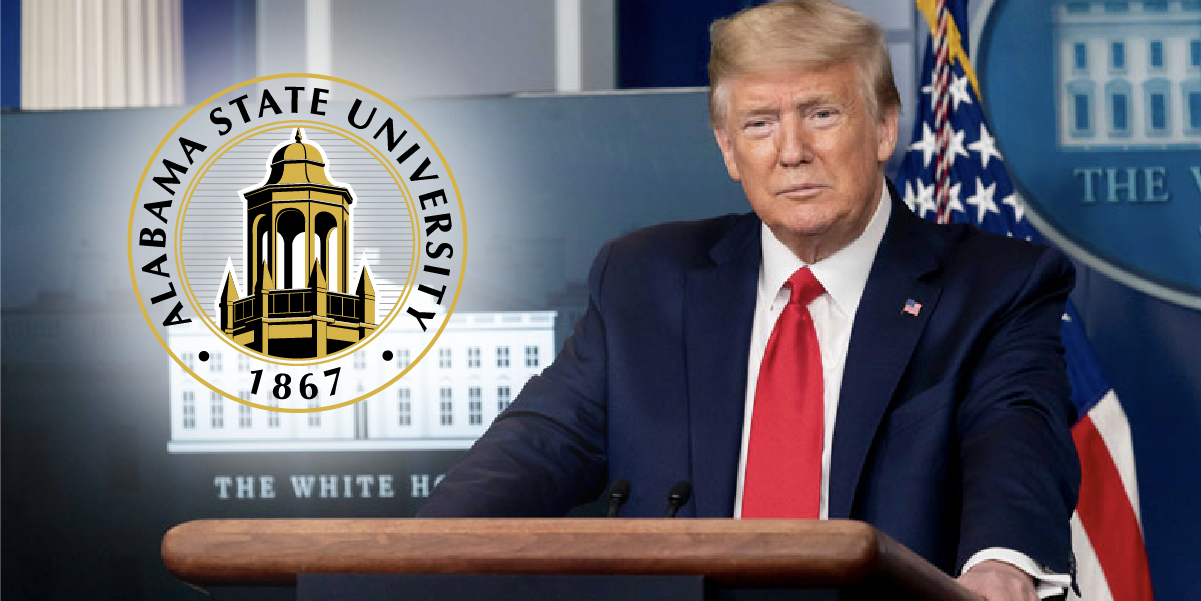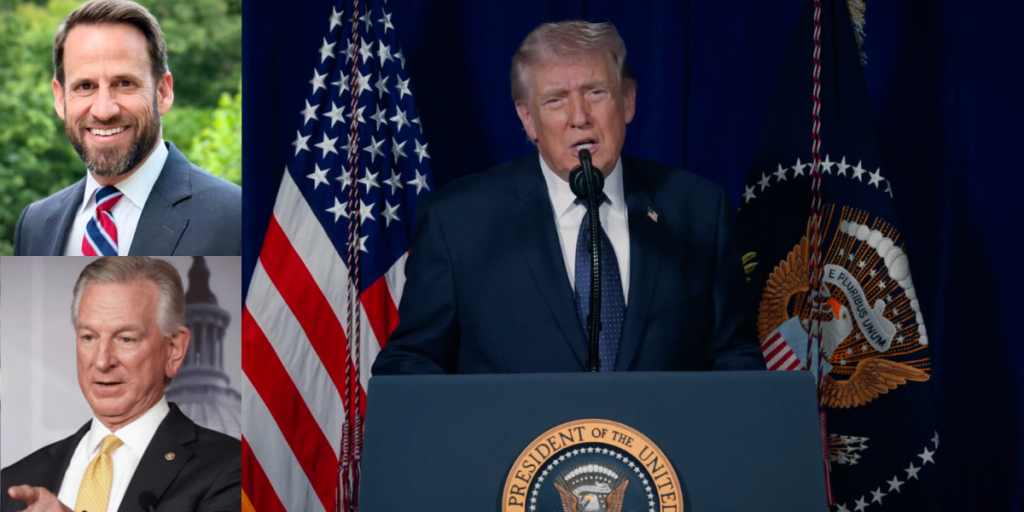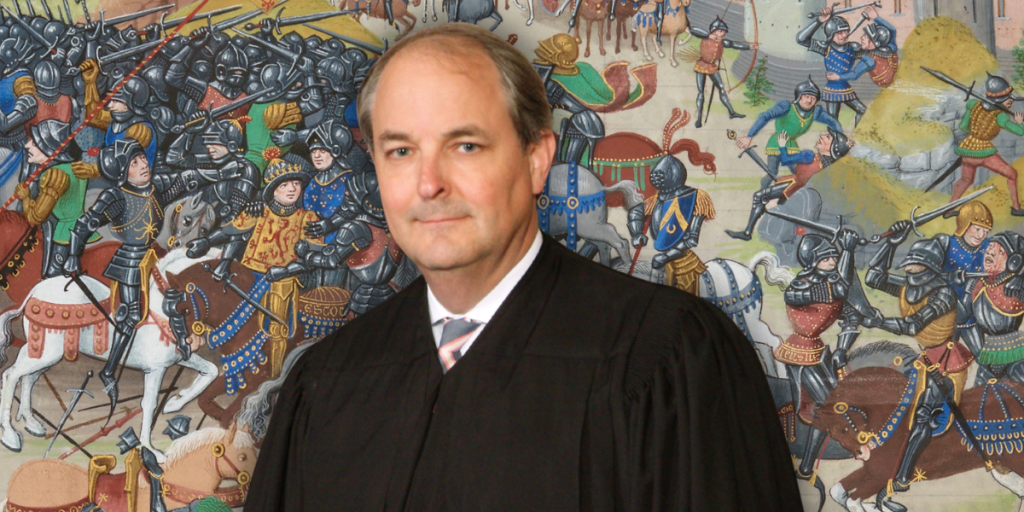The recent announcement by the Trump administration of a surprise injection of $495 million into the nation’s Historically Black Colleges and Universities (HBCUs) and tribal universities should be viewed as exactly what it is: an investment into institutions.
HBCUs and tribal universities serve some of the most economically depressed and underserved communities in our nation. That has long been the mission of HBCUs, such as Alabama State University (ASU).
It was founded to provide disenfranchised Black Alabamians with a college education that the state had long denied them, and it has excelled at that mission for more than 158 years. Yet, being under funded has not stopped Alabama State University, or other HBCUs in ensuring that academic excellence and student success are a top priority.
Unlike minority-serving institutions (MSIs), which are defined by their enrollment demographics, HBCUs were founded prior to 1964 and are defined only by their historical mission to educate Black students.
Today, HBCUs serve a diverse population of students, many with similar social economic backgrounds. It is to be noted that HBCUs play a crucial role in lifting students from modest backgrounds into higher-income brackets.
Across the country, and particularly across the southeast, HBCUs have struggled through systemic underfunding and discrimination. Yet, HBCUs have produced a significant share of Black professionals in fields like medicine, law, education, and STEM just to name a few.
They also emphasize leadership, civic responsibility, and community engagement to transform the futures of communities and families. Many in those communities, would have nowhere to turn without HBCUs. In addition, HBCUs provide tailored mentoring and academic support for first-generation and underrepresented students.
Too often, though, because of unfair funding practices implemented by states, the country’s HBCUs have been hampered in their efforts.
It has been proven repeatedly in federal courtrooms around the country that discriminatory funding systems installed over time by states left HBCUs and tribal universities receiving dramatically fewer dollars than their predominantly white college counterparts.
As a board member of the Thurgood Marshall College Fund, I have witnessed firsthand the impact that funding, and a lack thereof, can have on an institution and the communities it serves.
Thus, the injection of funding by the Trump administration is a big step in addressing some of those historic funding shortfalls.
It will also prove transformative for the communities served by HBCUs. Because the services provided by HBCUs to the surrounding areas does not stop with offering an accessible, quality college education.
HBCUs, such as ASU, are an asset to the entire community, providing a variety of services and outreach that assist some of the most marginalized Americans with food, health care services, and vital infrastructure needs.
For example, during the pandemic, ASU was a vital hub for the community, offering vaccines, COVID testing, hard-to-get household supplies, and other medical care.
That’s what the additional $495 million provided by the Trump administration will go to fund. Institutions that work and strive every day to make and keep America great.
Institutions that lift up communities, regardless of demographics, and provide a viable pathway to success for Americans who might otherwise be shut out of the American Dream.
We also look forward to engaging with the administration in the future in a broader conversation about this work and the value of equitable funding and support for all institutions, including our MSIs and HSIs.
These institutions are vital to the goals of creating a job-ready workforce, lifting impoverished communities and positively impacting their local communities, states and this nation.
At ASU, we take great pride in that mission and pride in serving a diverse and emboldened community of students that we’re preparing to take on the world.
This action by the Trump administration will help in fulfilling our mission. In short, HBCUs are not just schools—they are engines of hope, innovation, and empowerment that continue to shape American society.
Quinton Ross is the President of Alabama State University. He is a longtime educator and former Alabama State Senator.













